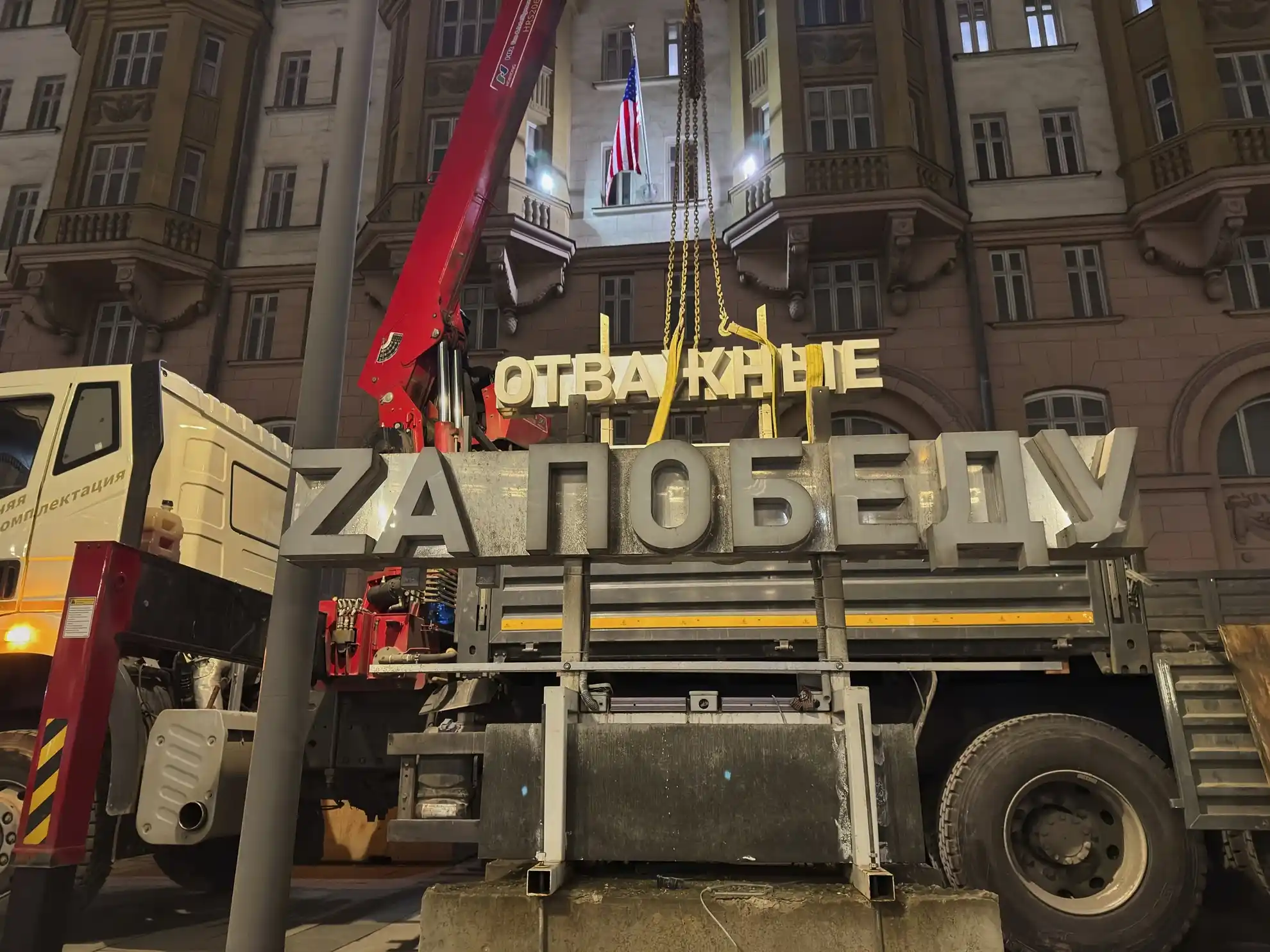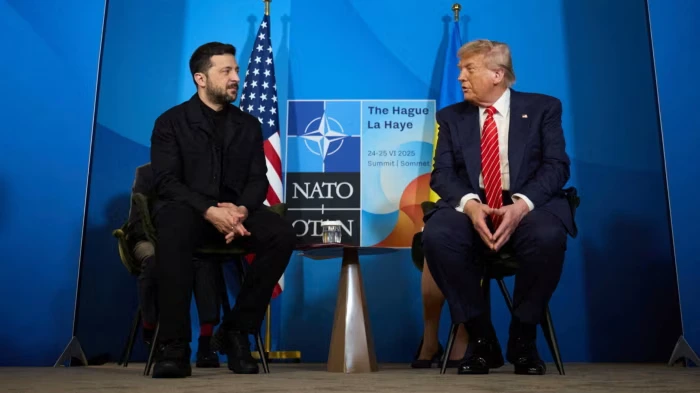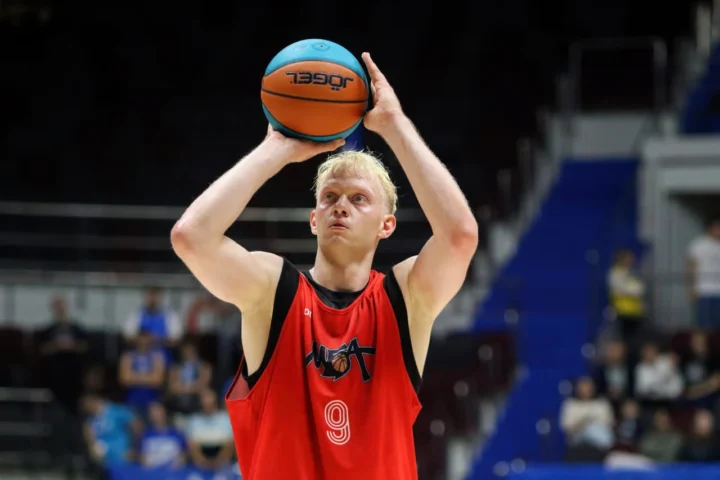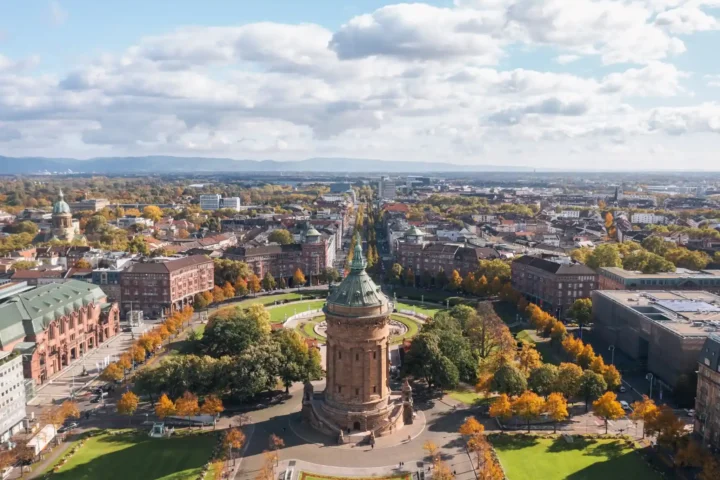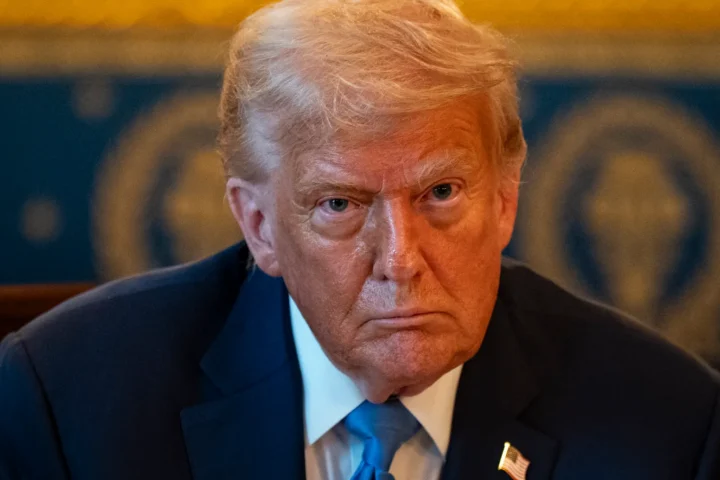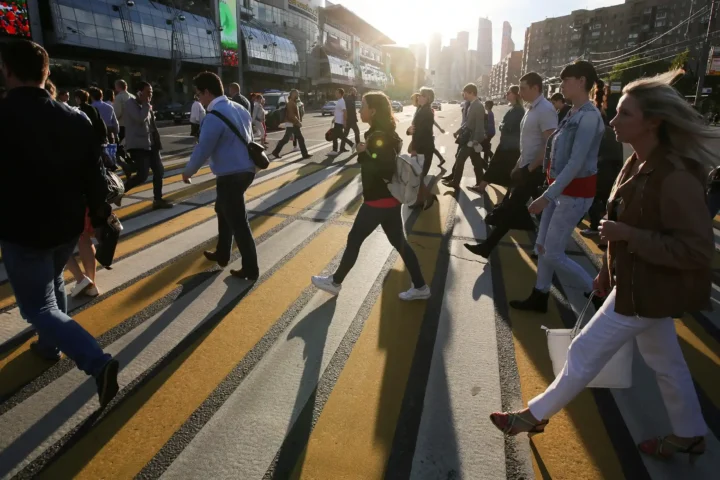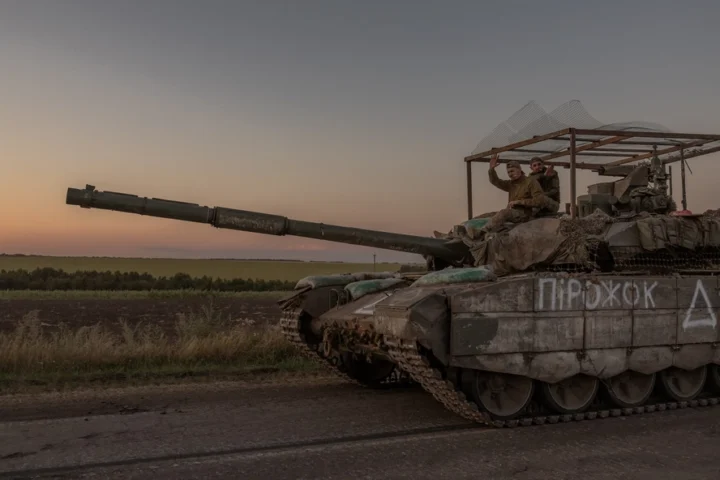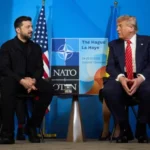The recent conversation between Russian President Vladimir Putin and former U.S. President Donald Trump did not yield the comprehensive ceasefire in Ukraine that many had hoped for, but it clearly signaled Russia’s status as a major global power—an ambition Putin has long pursued.
According to Fyodor Lukyanov, editor-in-chief of “Russia in Global Affairs,” the call between Trump and Putin did not bring particularly encouraging news for Kyiv or Europe. “This agreement is being discussed by two major powers who hardly pay attention to anyone else,” Lukyanov remarked, underscoring Russia’s elevated international standing.
Vague Agreements, Continued Conflict
Putin reportedly agreed to a 30-day halt to airstrikes targeting Ukraine’s infrastructure. Yet, the specifics of this agreement remain unclear. Steve Witkoff, Trump’s special envoy, ambiguously mentioned that the agreement would cover “energy and infrastructure in general.” Despite this agreement, attacks on Ukrainian civilian infrastructure persist. Andriy Yermak, Chief of Staff to Ukrainian President Volodymyr Zelensky, emphasized via Telegram: “Russia is attacking civilian infrastructure and people—right now.”
Russia’s Conditions for Peace
President Putin set forth extensive conditions necessary for a ceasefire and eventual peace. Among these demands are “effective monitoring of any potential cessation of hostilities along the entire front line,” an end to “forced mobilization in Ukraine,” and a halt to Ukraine’s military rearmament. Additionally, Russia views the “complete cessation of foreign military and intelligence support for Kyiv” as a key condition.
Trump, however, denied discussing such specific demands during a recent Fox News appearance. When asked if Putin had requested a cessation of all aid to Ukraine during their conversation, Trump responded, “No, he didn’t. We did not talk about aid.” The exact nature—military, financial, or humanitarian—of the aid in question was not clarified.
Prisoner Exchange and Maritime Security
Despite limited progress on peace, some tangible outcomes were achieved. A prisoner exchange involving 175 soldiers from both Russia and Ukraine has been agreed upon. Moreover, Russia will transfer 23 severely wounded Ukrainian soldiers, currently receiving medical treatment in Russian hospitals, as a gesture of goodwill.
Additionally, Russian and American negotiators will commence drafting an agreement on ensuring maritime security in the Black Sea, which could contribute to reducing tensions in the region.
Territorial Claims and International Reactions
Amidst these developments, Russia delivered a stark warning. According to the Russian newspaper Kommersant, Putin threatened to seize additional Ukrainian territories unless Kyiv promptly accepts Moscow’s previous territorial demands, specifically the recognition of Russian sovereignty over Crimea and the regions of Luhansk, Donetsk, Zaporizhzhia, and Kherson.
Europe, and particularly Ukraine, remain deeply skeptical about the dialogue’s outcomes. In contrast, reactions in Moscow have been largely positive. Ivan Timofeyev, Director of the Russian Council for International Affairs, told Kommersant, “Such a tone was unimaginable just a few months ago. It is hard to believe. Clearly, resolving the Ukrainian issue is crucial.”
Legitimizing Russia’s Global Role
Political analyst Tatiana Stanovaya sees Putin’s primary victory as the legitimization of U.S.-Russian cooperation on major international issues beyond Ukraine, including the Middle East. “This marks a significant success for Putin,” she said, “as it enables bilateral relations to move beyond direct dependence on the Ukraine conflict.”
Ultimately, the talks between Trump and Putin highlight Russia’s successful re-establishment as a major power in global diplomacy, marking a key milestone in Putin’s strategic vision.
This article was prepared based on materials published by Der Standard. The author does not claim authorship of the original text but presents their interpretation of the content for informational purposes.
The original article can be found at the following link: Der Standard.
All rights to the original text belong to Der Standard.

